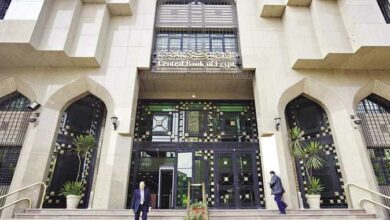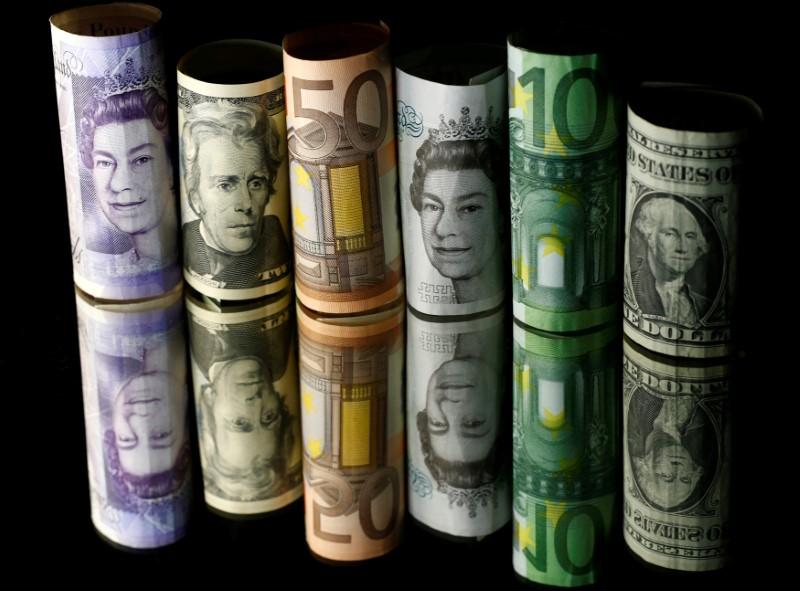
Egypt’s net foreign reserves rose to US$26.363 billion at the end of January from US$24.265 billion as of the end of December, the central bank said on Sunday.
The country had roughly US$36 billion in reserves before an uprising in 2011 ushered in a period of political turmoil, scaring away tourists and foreign investors, key sources of hard currency.
The central bank floated the Egyptian pound in November as part of an economic reform programme. The move helped Egypt clinch a US$12 billion three-year loan from the International Monetary Fund.
An IMF delegation was in Cairo in January to prepare for a review required before disbursing the second installment of the loan, expected to be US$1.25 billion, which the fund earlier said Egypt was on track to receive. The first installment, US$2.75 billion, was disbursed in November.
Egypt sold US$4 billion of Eurobonds in three tranches in January, raising twice as much as targeted and at lower yields than initially expected. It was not immediately clear if the rise in reserves was a consequence of the sale.
The government’s reforms include loosening capital controls, ending energy subsidies, reforming public enterprises and overhauling monetary policy in a bid to restore economic stability and long-term growth.
(Reporting by Ahmed Aboulenein; Editing by Eric Knecht and John Stonestreet)




